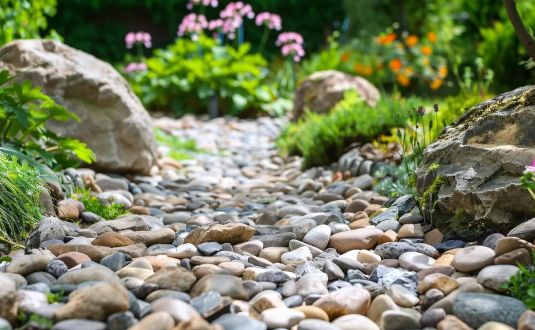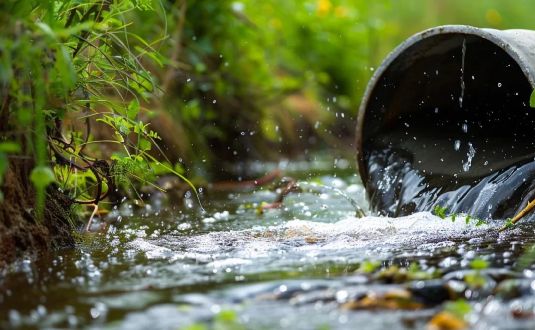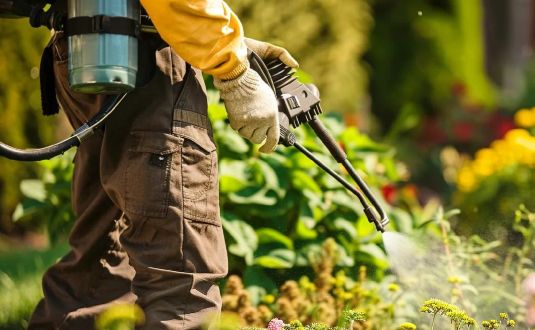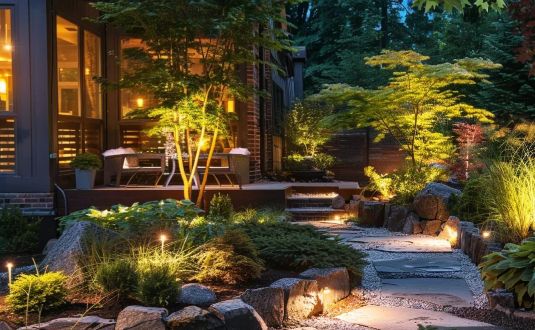Providing Best Services in Huntsville, AL
Providing Best Landscaping Services in Huntsville, AL


.webp)
When to Stop Watering Your Lawn in the Fall?
Stop watering your lawn in the fall when nighttime temperatures consistently drop below 30°F or when the ground freezes. For Huntsville and North Alabama, this typically happens around early to mid-November. However, don't just flip the switch off one day. Gradually reduce watering as temperatures cool, and keep an eye on your grass until it goes fully dormant.

.webp)
Disadvantages of River Rock Landscaping
Disadvantages of river rock landscaping include higher upfront cost and the difficulty of removing or adjusting the rock later. Weeds can still grow through gaps, and the rocks may shift over time without proper edging. River rock also absorbs heat, which can stress nearby plants, and it does not improve soil health like organic mulch.

.webp)
The Environmental Importance of Proper Drainage
The environmental importance of proper drainage lies in preventing soil erosion, water pollution, and flooding. Effective drainage systems control water flow, reduce runoff, and protect natural waterways from excess sediment and contaminants. Proper drainage also supports healthy soil, protects plant life, and helps maintain balanced ecosystems in both residential and commercial areas.

.webp)
Weed Control Methods Used by Professional Landscapers
Weed control methods used by professional landscapers include pre-emergent treatments to stop weeds before they grow and post-emergent applications to eliminate existing weeds. Landscapers also use proper mowing, edging, and soil health management to prevent regrowth. Mulching, targeted herbicide use, and manual removal help maintain clean, weed-free landscapes long term.

.webp)
Landscape Lighting Rule of Thumb
The basic rule of thumb for landscape lighting is to space pathway lights 6 to 8 feet apart and use 100 to 200 lumens for safe, clear walkways. For accent lights that highlight trees or garden features, place them 10 to 15 feet apart with about 120 lumens. This simple guide helps you create a yard that looks great at night and keeps your family safe.
Want to Transform Your Landscape?
We’re ready to work with you — whether you're looking for a complete transformation or a simple enhancement. Our team is here to help every step of the way.


Your Next Idea Awaits
Stay inspired with our latest landscaping tips and trends.
.webp)
.webp)

.webp)
.webp)
.webp)
.webp)







.webp)
.webp)





